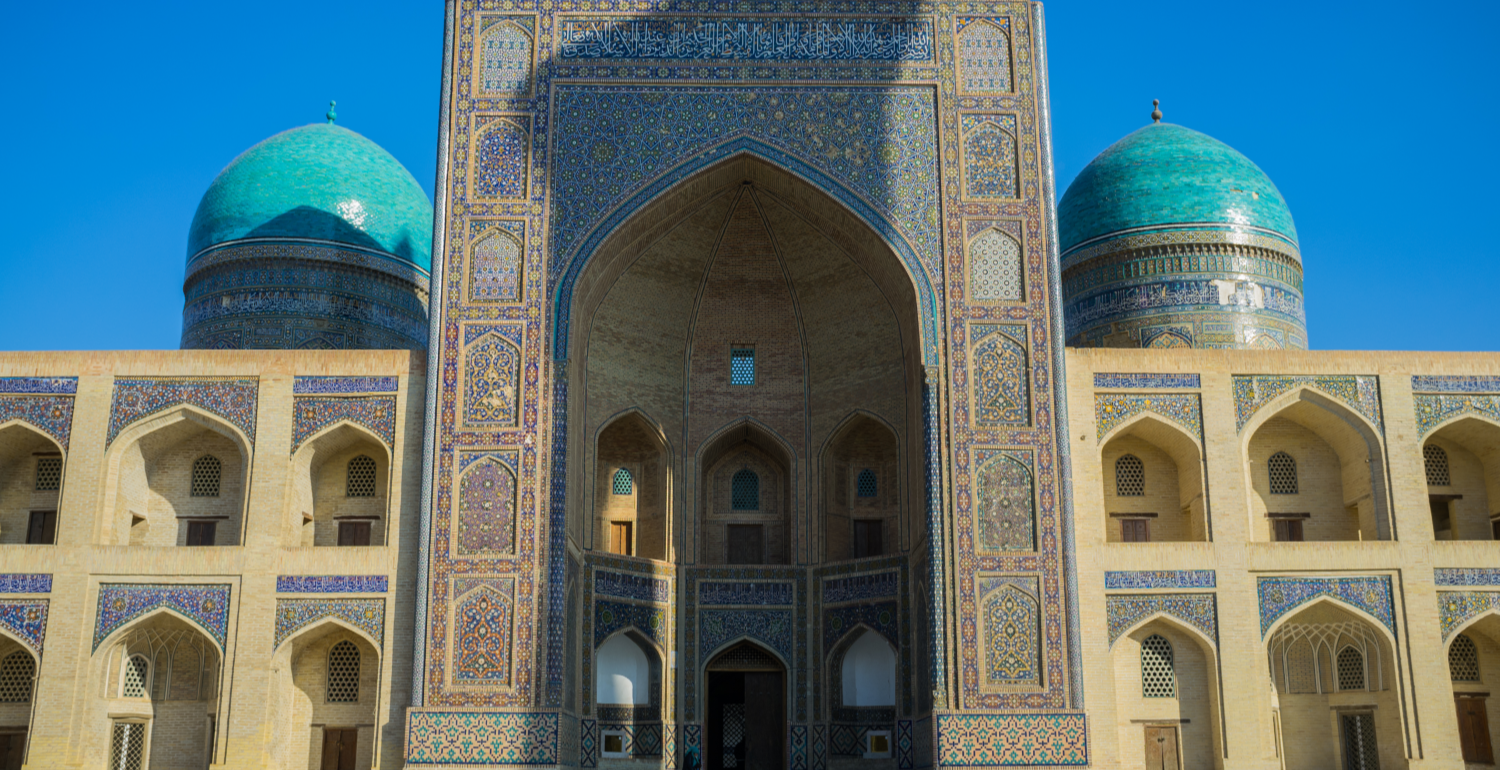WASHINGTON—The Commission on Security and Cooperation in Europe, also known as the Helsinki Commission, today announced the following briefing:
MOSQUE AND STATE IN CENTRAL ASIA
Can Religious Freedom Coexist with Government Regulation of Islam?
Monday, December 17, 2018
3:00 p.m.
Dirksen Senate Office Building
Room 562
Live Webcast: www.facebook.com/HelsinkiCommission
From 2016 to early 2018, the U.S. government designated three of Central Asia’s five nations— Tajikistan, Turkmenistan, and Uzbekistan—as countries of particular concern (CPC) for engaging in or tolerating “particularly severe violations of religious freedom” like torture, abduction, and clandestine or prolonged detention without charges. In these countries, people of all faiths, or no faith at all, have endured onerous government-mandated harassment, fines, and imprisonment for even minor breaches of state regulations of religious belief and practice.
To ensure regime stability and counter violent extremism, the governments of some Central Asian Muslim-majority countries impose strict and invasive violations of religious liberty on adherents of the Islamic faith. Islamic religious institutions and leaders are fully incorporated into the state bureaucracy. Exploring the faith outside the bounds of “official Islam” is forbidden and illegal.
The Helsinki Commission will convene an expert panel of regional and Islamic scholars to explain the different approaches to state regulation of Islam in Central Asia and the consequences of these policies for religious freedom, radicalization, and long-term political stability and social development.
The following panelists are scheduled to participate:
- Kathleen Collins, Associate Professor, Political Science, and Russian and Eurasian Studies, University of Minnesota
- Edward Lemon, DMGS-Kennan Institute Fellow at the Daniel Morgan Graduate School of National Security
- Emil Nasrutdinov, Associate Professor of Anthropology, American University of Central Asia
- Peter Mandaville, Professor of International Affairs, Schar School of Policy and Government, George Mason University
On December 11, 2018, Secretary of State Michael Pompeo re-designated Tajikistan and Turkmenistan as CPCs. He upgraded Uzbekistan to the Special Watch List—it had been previously designated as a CPC—based on recent progress.
In June 2018, Helsinki Commission Chairman Sen. Roger Wicker (MS) urged Secretary of State Pompeo to consider inviting Uzbekistan to the first Ministerial to Advance Religious Freedom because of significant steps taken by President Mirziyoyev to bring Uzbekistan into compliance with its international commitments to respect religious freedom. Later that month, he introduced the bipartisan Senate Resolution 539 calling on President Trump to combat religious freedom violations in Eurasia with a mix of CPC and Special Watch List designations, individual and broader sanctions, and development of a strategy specifically for the region.
In early July, the Parliamentary Assembly of the Organization for Security and Cooperation in Europe passed Chairman Wicker’s amendments recognizing the ongoing reforms of the government of Uzbekistan. A few weeks later Chairman Wicker met with Uzbekistan’s delegation to the Ministerial to Advance Religious Freedom—the only CPC invited—and highlighted the opportunity for Uzbekistan to be a model to other countries if the government follows through with essential reforms






